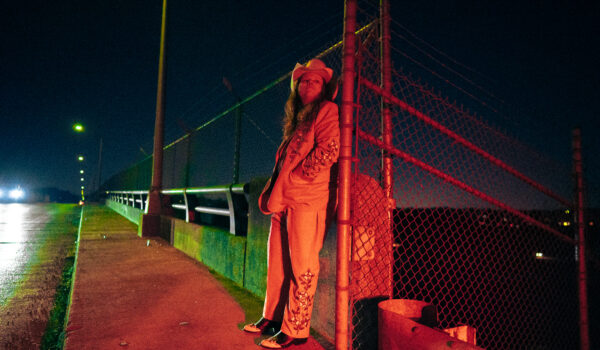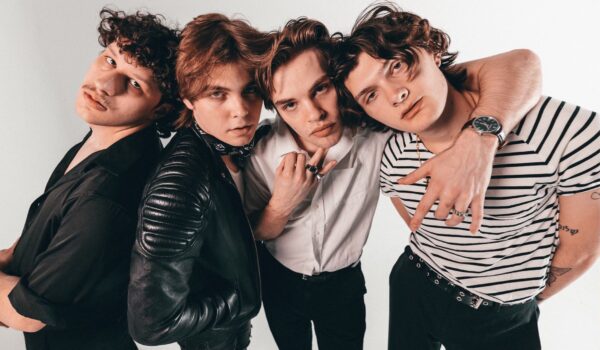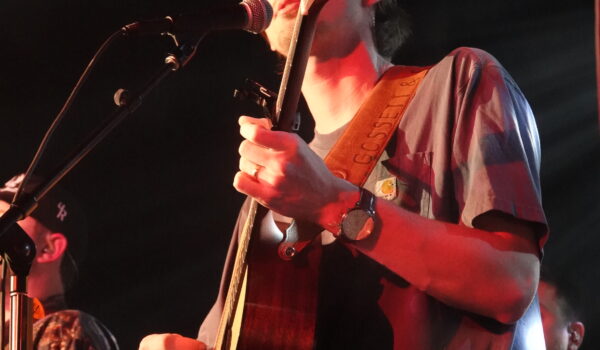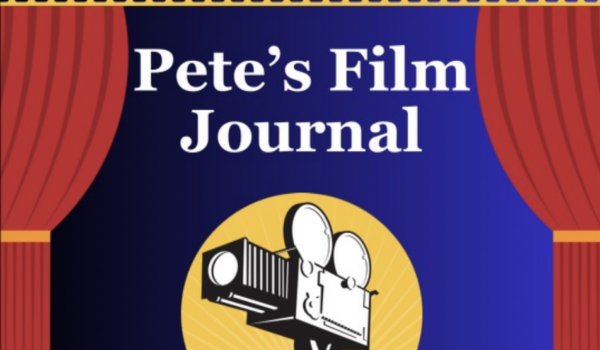In the wake of Troye Sivan’s euphoric new album Something To Give Each Other and Omar Apollo’s Live for Me, as well as my own discovery of both Tiberius b and Miki Ratsula, I’m reminded again what it means to make characteristically queer* music.
* For clarity and ease, I use the term “queer music” to describe an umbrella term that includes all LGBTQ+ artists and their music
Sivan’s new album, first and foremost, has broken both the internet and my heart in the best way possible. The single and first song on the album “Rush” has been called the queer anthem of the year by some, and I can’t help but agree. Aside from the chiding jokes about the theme of “Rush” (look it up, I won’t explain) and the discourse around Ross Lynch’s appearance in both the “One Of Your Girls” music video and the gay community at large, Sivan has created an album that speaks to the queer past as much as the queer present. At a time when LGBTQ+ rights are under fire and the community is suffering greatly at the hands of hateful legislation, the ability to dance, sing, and laugh has never been more important.
https://www.youtube.com/watch?v=ZhGl8McrOHo
However, aside from internet discourse, what struck me as fundamentally interesting was a comment a (straight) friend made to me about Sivan’s album, saying that it “had great lyrics but not great music.” When I probed her a bit more about what she meant, I realized that really what she was talking about was the production style. After sitting on the comment for a few days, I spoke with her again and started to explain some of the history of gay music.
While gay music and gay musicians have always existed, and LGBTQ+ artists have always fought to have their voices heard, there is a particular wave of disco and house music that has followed the community from its inception in the 70s to today. Of course, when people think of queer music, maybe David Bowie, Freddie Mercury, or Prince come to mind. The style that I am referencing, though, is more the sound of SOPHIE and Honey Dijon – two artists that serve as a case-in-point for queer, electronic music.
This “overproduced,” as my friend called it, electronic dance music has strong roots in queer culture, specifically in voguing and ballroom culture. Voguing, a dance style that came out of underground queer spaces in New York City in the 70s and 80s, is a form of self-expression and dance done in community. At the risk of oversimplifying, you can liken the dance to how models in Vogue magazine pose. It’s said, actually, that voguing started because Paris Dupree, a drag performer and participant in the Paris is Burning documentary, opened a copy of Vogue magazine and copied the model’s pose to the beat of the music.
This type of electronic music has long had a hold on queer culture and queer rituals, culminating publicly and famously in Beyoncé’s recent album “RENAISSANCE,” which functioned in many ways as a tribute to both ballroom culture and her Uncle Johnny who suffered from HIV. What this all has to do with Troye Sivan is proximity to queer history. Whether or not you were a fan of Something To Give Each Other, its musical merit can’t be argued without understanding the history.
Omar Apollo, interestingly, created the Live For Me EP in a similar electronic, “overproduced” style while maintaining his unique, slow sound. By and large, queer artists have flourished out of this unique sound and come to create diverse music, but again, you can’t help but hear the inspiration and the history behind Apollo’s music. The EP approaches some darker themes that Apollo has left unseen in previous albums and EP releases. Particularly on “Angel,” Apollo said that it “was a dark time for me, I’ll let the song speak for itself.” Even through the pain, Apollo leaves the layered vocals and synth-style sound to seemingly refer to the historical sound.
If electronic sound and proximity to queer history are a spectrum, I see Sivan as the closest and Apollo as closer to those themes, of the artists I’ve chosen, whereas Tiberius b and Miki Ratsula begin to construct a new wave of queer music. With both singers touching on the trans experience, they create a clean, raw sound that communicates the music without strong ties to electronic music. Tiberius b, with enchanting repetition and a danceable sound, describes a trans and queer experience: something confusing, exciting, and sexy. On “Olivia” particularly, they create a sound that can be likened to a coming-of-age movie. With lyrics about forgetting a lover, the song culminates in the repetition of “I’m not gonna kiss Olivia.” There’s something so powerful about the simplicity. And with cutting desperation, they continue, saying that “She smelled like a fruit cup/ Now I’m washing the sheets out/ Shaking, I rub all the blood from/ Our bed of desperation.”
On the less electronic side of the musical spectrum is Miki Ratsula, the Finnish, non-binary singer-songwriter who writes soul crushing lyrics and sweet melodies about love, loss, and envy. Their newest album, “i’ll be fine if i want to,” tackles the difficulty and the joy they’ve found in their own identity, with a bedroom pop style to top it off. Their style is so fresh, and as a community we don’t often get singer-songwriters that speak to our shared queer experience. My favorite song on the album is “jealous of my brother,” a heartfelt song about feeling like they’ll never feel the freedom and unabashed gender expression of their brother, who seemingly floats through life with ease.
Queer music is ultimately a small term to refer to an expansive collection of music, and studying it and enjoying it is merely a way to appreciate the variety of ways that musicians share their stories. Whether “overproduced” or not, you can’t argue that each of these artists is creating the next generation of queer storytelling. While my understanding of this music is just a drop in the ocean, I can only hope to one day contribute to this storytelling, working to uplift these artists and bring this music to light.








Comments